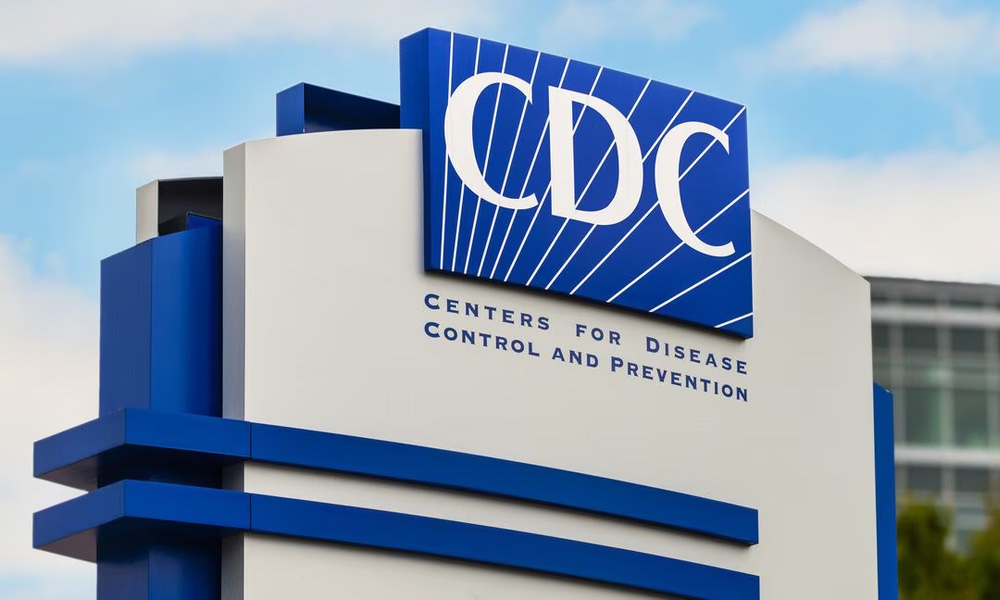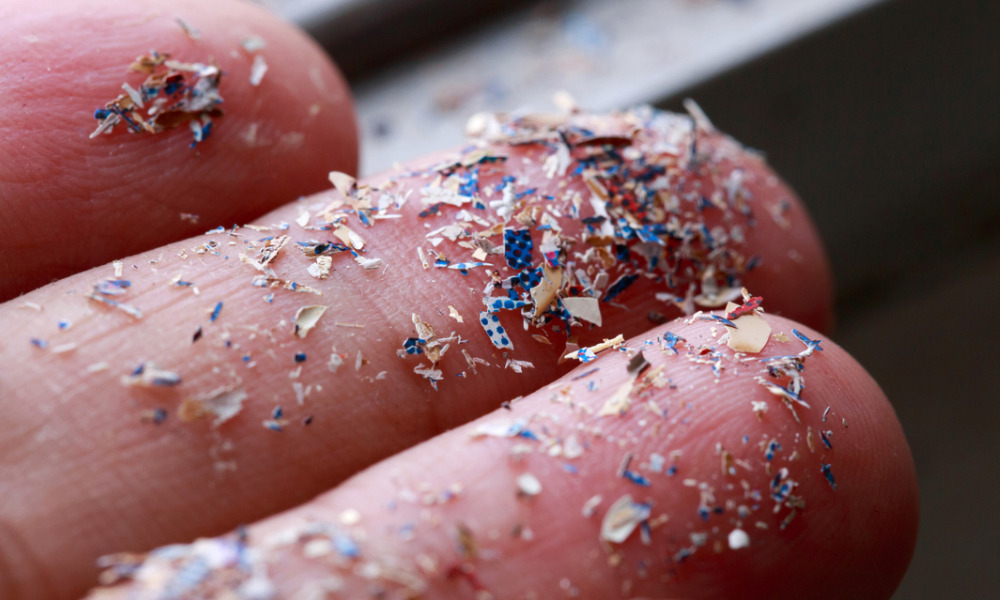If you don’t spend much time outdoors, or if you always wear sunscreen when you step outside, you may want to give your skin a chance to soak up some vitamin D.
It's not only you who needs to worry. About a billion people around the world have insufficient or deficient levels of “the sunshine vitamin,” a study has found.
People living closer to the equator don’t need as much time in the sun to maintain vitamin D levels as someone living in a higher latitude. Those with lighter skin don’t need as much sun exposure to absorb vitamin D as those with darker skin, which is why African Americans' darker skin pigmentation makes them particularly vulnerable to vitamin D deficits. The review found that 95 percent of African Americans were low in vitamin D.
A sunscreen with an SPF factor of 15 or more decreases the production of vitamin D by 99 percent.One reason for the deficits is that few foods are good sources of vitamin D. We mainly rely on sunlight to meet our need for this essential vitamin. When the ultraviolet rays of the sun hit the skin, it sets off a chemical reaction in the body that produces vitamin D. Every cell in the body has a vitamin D receptor — a good indicator of its important role in the functioning of many body systems.
So where is the happy medium? While a trip to the beach is nice, it isn’t necessary to get adequate sunlight exposure. Just spend 5 to 30 minutes outside twice a week in the middle of the day without sunscreen, and your body can make the vitamin D that you need.
If you experience bone fractures or muscle weakness, you could be deficient, and it might be a good idea to have your vitamin D levels checked. Those people who have a chronic disease, like Crohn’s, celiac disease or kidney disease that interferes with the body’s ability to use vitamin D, need to have their blood levels monitored.
In addition to sunshine, foods fortified with vitamin D, like milk and breakfast cereals, are good options for increasing your vitamin D levels. According to Kim Pfotenhauer, a Touro University researcher involved with this study, supplements are another option. They pose few risks, but you should consult your doctor first and then take them as directed. Too much vitamin D can be toxic.
“Science has been trying to find a one-to-one correspondence between vitamin D levels and specific diseases,” Pfotenhauer said in a statement. “Given vitamin D's ubiquitous role in the body, I believe sufficient vitamin D is more about overall health.”
The review is published in The Journal of the American Osteopathic Association.





